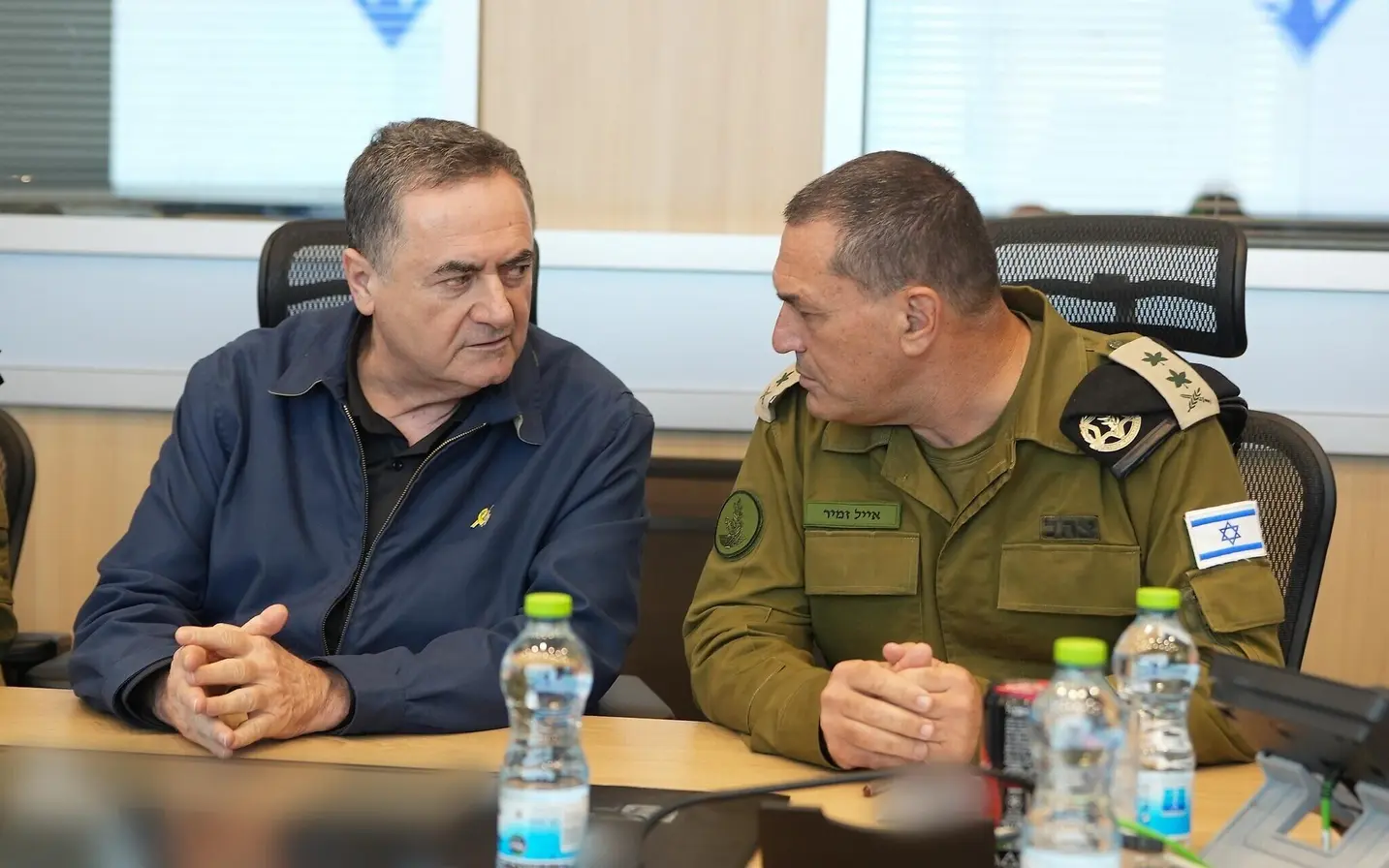T4K3.news
Netanyahu defends Gaza policy amid genocide accusations
Netanyahu says there was no genocide and no policy of starvation while outlining a revised aid plan for Gaza
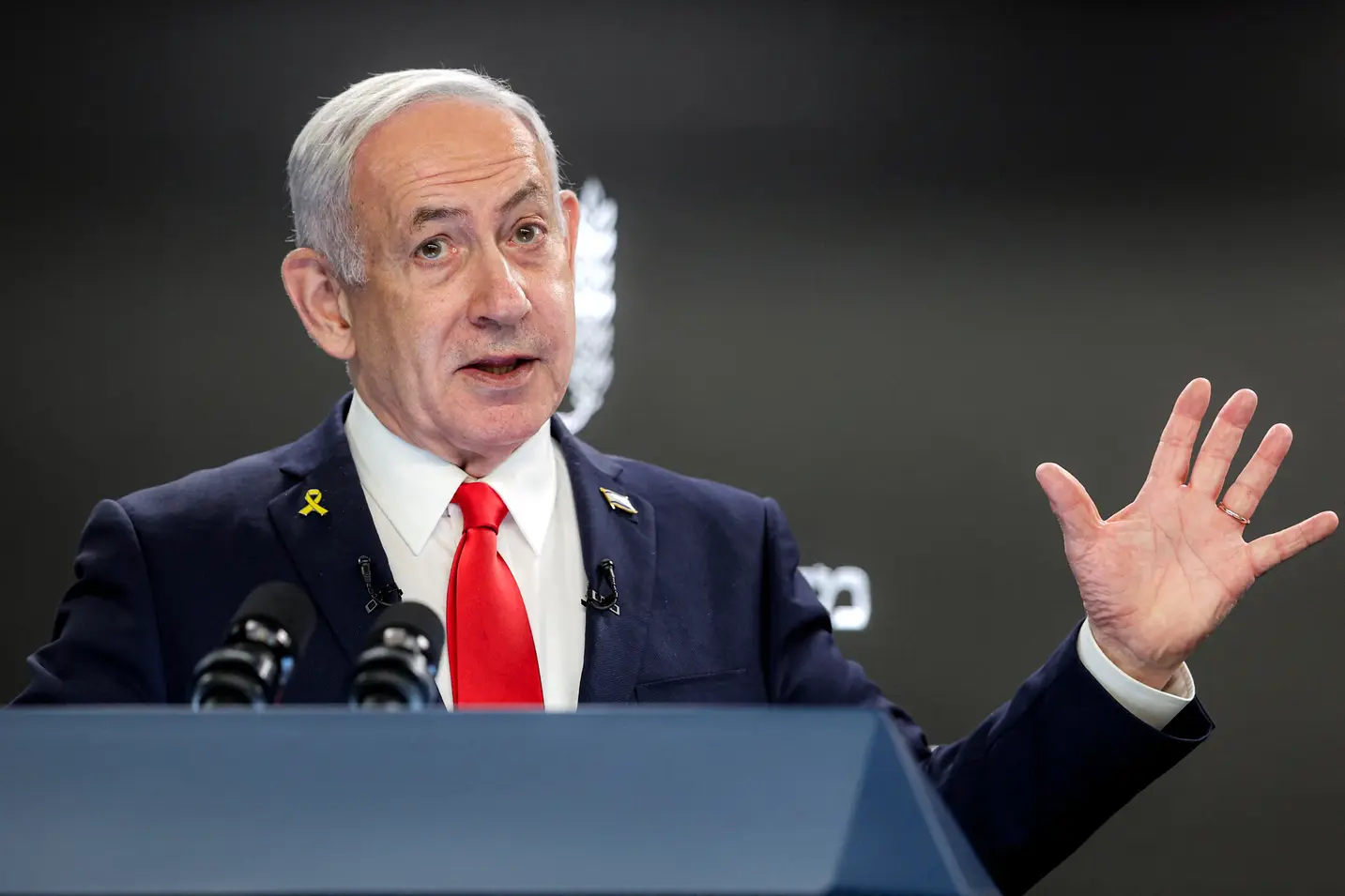
Netanyahu argues Israel did not stop all aid and rejects genocide claims while outlining a revised relief plan and a Gaza City offensive.
Netanyahu Defends Gaza Policy Amid Genocide Accusations
Prime Minister Benjamin Netanyahu rejected the accusation that Israel is committing genocide in Gaza, telling reporters that if such a policy had existed it would have taken only one afternoon. He spoke at back-to-back press conferences with Israeli and foreign journalists, defending the Gaza City offensive and denying a policy of starvation while arguing that Israel has not halted all aid to Gaza. He acknowledged that earlier this year his office announced a halt to the entry of goods, a move reversed 11 weeks later after international pressure.
Netanyahu defended the Gaza Humanitarian Foundation approach but said it failed and was replaced by measures to increase aid through secure corridors and airdrops. He argued the new plan aims to prevent aid from reaching Hamas, while acknowledging challenges in implementing direct civilian relief. Aid groups and Hamas-run officials have reported rising deaths from malnutrition, a charge Israel disputes by blaming Hamas for diverting and delaying aid and by citing distribution difficulties. The remarks come as the government faces domestic and international backlash over civilian casualties and the humanitarian situation in Gaza.
Key Takeaways
"There is no starvation. There hasn’t been starvation."
Netanyahu denying famine claims during the press conference.
"If we had wanted genocide, it would have taken exactly one afternoon."
Netanyahu responding to genocide accusations.
"Aid is entering, we’re increasing distribution points, and we’re really expanding secure corridors."
Government officials outlining relief strategy changes.
"We learned our lesson and changed course."
Netanyahu reflecting on policy reversal.
Netanyahu’s wording seeks to reframe a heated moral debate into a question of policy execution. By stressing operational details—aid corridors, distribution points, and airdrops—he shifts focus from moral blame to tactical logistics. The move risks reinforcing a narrative that civilian harm is a byproduct of battlefield needs rather than a political objective.
This episode highlights how political leadership shapes humanitarian discourse. When leaders publicly defend or revise aid strategies amid reports of famine, they invite close scrutiny from international partners and aid groups. The clash between security aims and relief efforts remains a central tension in the Gaza crisis, and words at the podium can carry as much weight as any battlefield decision.
Highlights
- If we had wanted genocide, it would have taken exactly one afternoon.
- There is no starvation.
- Aid is entering, we’re widening the distribution points.
- We learned our lesson and changed course.
Political and humanitarian risk
The remarks touch on sensitive political narratives and the handling of humanitarian aid in a war zone. They risk fueling backlash at home and abroad and may affect international support for relief efforts.
The path forward will test how rhetoric translates into relief on the ground.
Enjoyed this? Let your friends know!
Related News
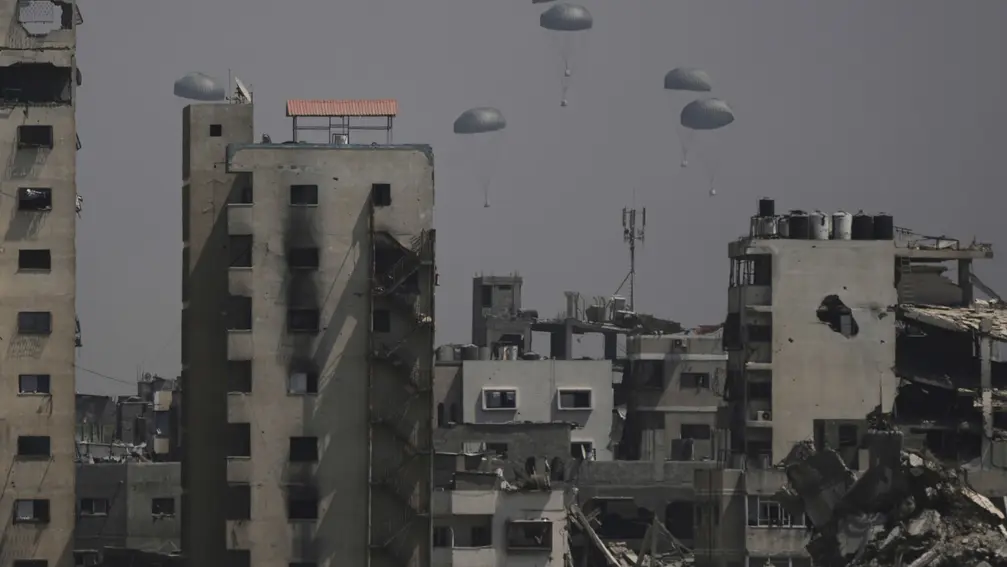
Israeli groups accuse their government of genocide in Gaza
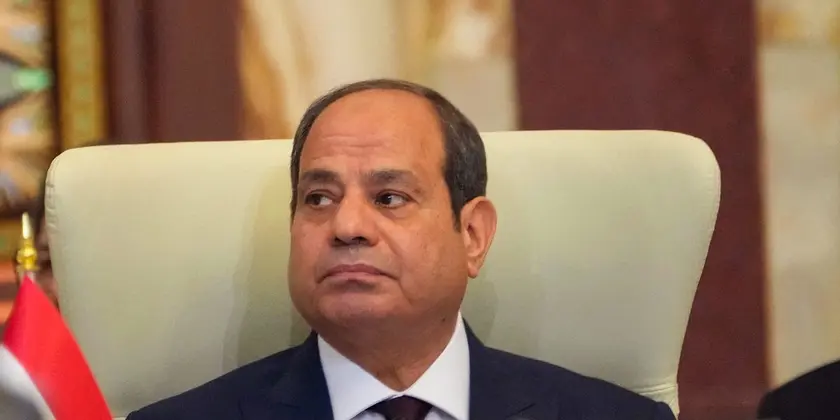
Egypt expands Israeli gas deal

J Street leader admits shift on Israel's Gaza actions
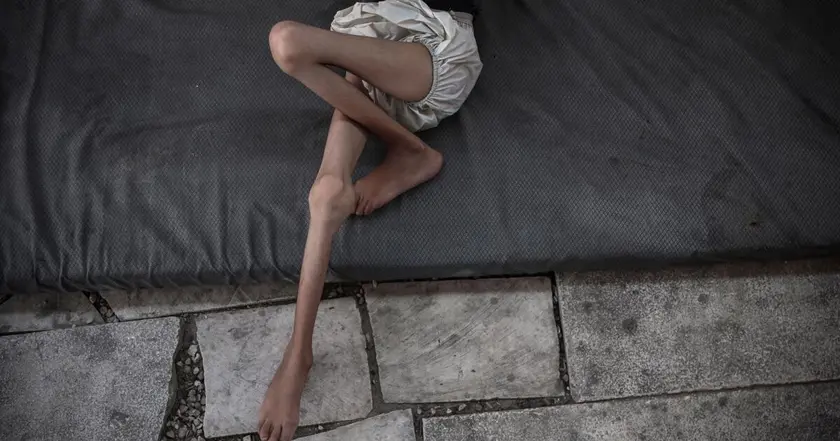
Israeli officials reject starvation claims in Gaza
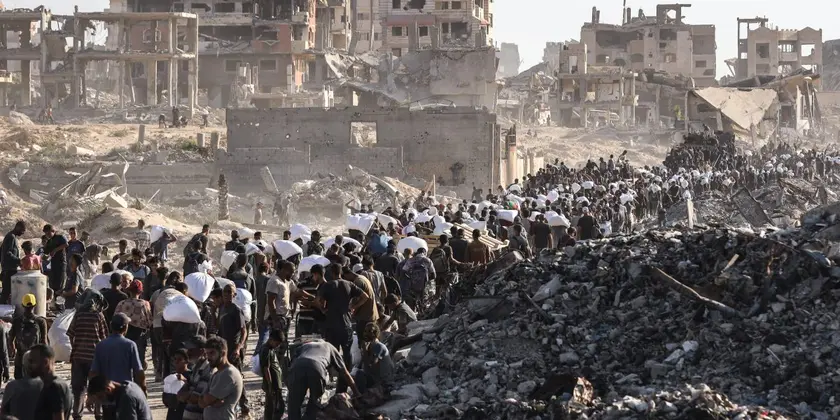
Increased Global Pressure on Israel Due to Gaza Actions
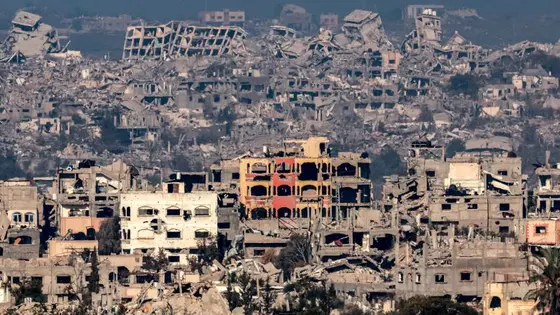
Israeli groups claim genocide against Palestinians
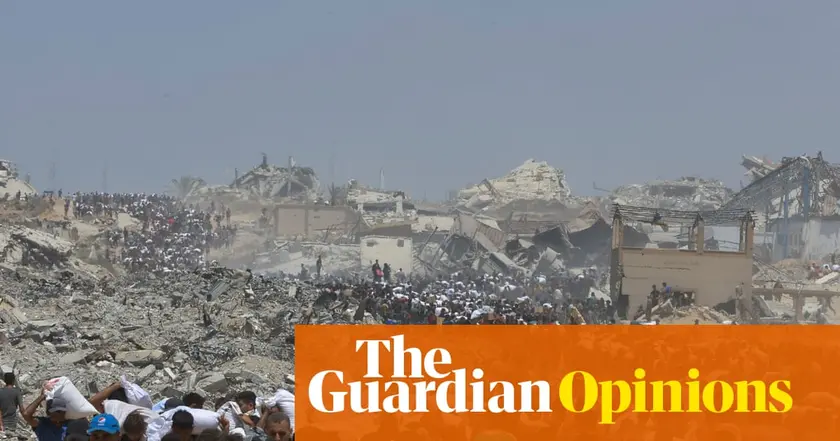
US accused of complicity in Gaza genocide
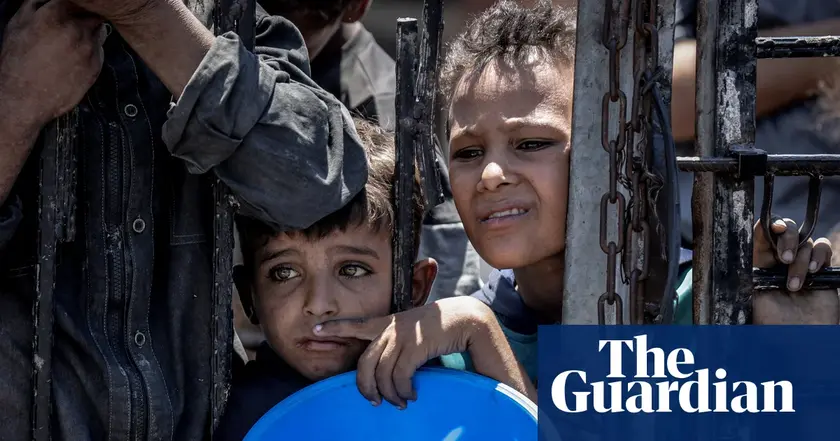
UN warns of genocide in Gaza amid starvation
